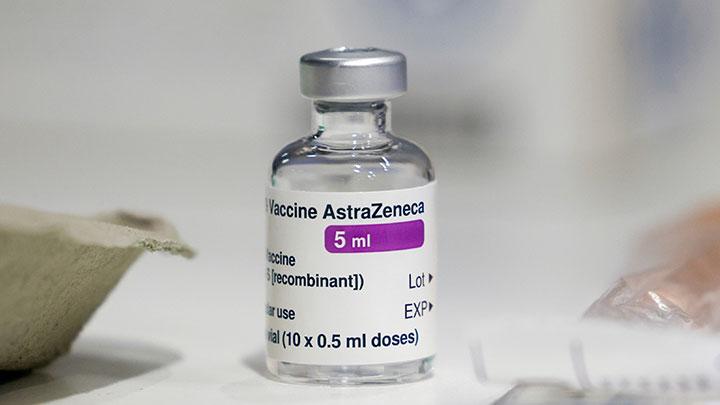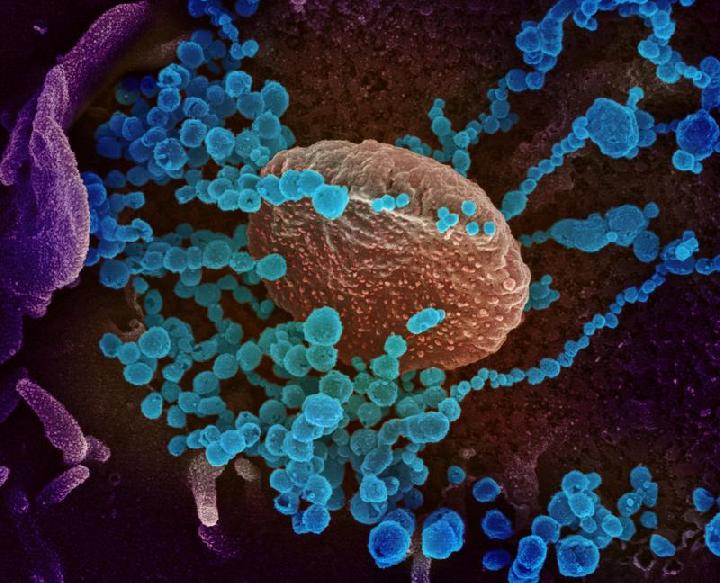RSPI Sulianti Saroso: Not All Doctors Are Prepared
Translator
Tempo.co
Editor
Laila Afifa
Sabtu, 11 April 2020 21:00 WIB

TEMPO.CO, Jakarta - Rising number of Covid-19 patients reminds Mohammad Syahril of the time the pandemic began to unfold last January. He had just been appointed the chief executive officer of the Sulianti Saroso Infectious Diseases Hospital (RSPI Sulianti Saroso) that time.
RIGHT after he took the helm of the hospital, he came face to face with the impact of the coronavirus outbreak which first emerged in Wuhan, China last November. RSPI Sulianti Saroso received several referral patients carrying Covid-19 symptoms. “People who returned from the endemic areas, Wuhan for example, were also sent here,” Syahril, 57, recalled in the special interview with Tempo on Tuesday, March 24.
Since the first two corona positive patients were admitted on February 29, the number of suspected patients who were referred to the hospital located in Tanjung Priok, North Jakarta, has gradually climbed. The facility which already had 11 isolation rooms had to add more infirmaries to accommodate the influx of patients. Doctors and nurses felt overwhelmed, and were shaken when they got news that some of their colleagues in other hospitals had contracted the disease from infected patients and some had succumbed to the virus. “They are also human,” said Syahril, who often had to console his medical team.
The surge in the number of Covid-19 patients overwhelmed the RSPI Sulianti Saroso medical staff even causing a shortage of ventilators. What happened?
RSPI Sulianti Saroso only has four isolation intensive care (ICU) rooms and three anesthetists. The sudden jump in incoming patients with severe or critical complaints who need ventilators put us in a very tight spot. But we now have two additional ready-to-use ventilators and arrangements are underway for additional 12 rooms which can be fitted with ventilators.
Does the hospital still have sufficient medical facilities and staff?
Yes, we do. If I’m not mistaken, on March 15, we were designated as a special Covid-19 hospital. We – including the emergency ward – no longer accept non-Covid-19 patients.
With sufficient medical staff and facilities, why are still patients dying in the hospital?
The RSPI is a Covid-19 referral hospital. It means some of the patients who came to us were previously treated in other hospitals. Some were already in critical condition, already hooked to ventilators. All the patients here are classified as emergency patients and they are treated intensively. The majority of the patients who died already had comorbid conditions, among others, diabetes, hypertension, heart and kidney diseases. One even had a secondary infection that led to sepsis.
How do you explain the case where a patient was rejected by RSPI Sulianti Suroso and later died due to delayed treatment?
It was not rejection, really, but that time all the isolation rooms were occupied. Every Covid-19 patient must be placed in isolation room, not in general wards. So, the patient was referred to another referral hospital, either the Gatot Soebroto Army Hospital or Persahabatan General Hospital. The RSPI is the last resort. It means, we only accept referral patients from other hospitals which cannot accept nor have the ability to handle corona patients who are in advanced stage or patients with moderate to severe illness.
When did the hospital first handle patients suspected of having Covid-19?
Since January-February. They were referral patients from other hospitals. All were confirmed negative.
(RSPI Sulianti Saroso for the first time treated two female suspected Covid-19 patients at the end of January. They were referral patients from the Pondok Indah Hospital in South Jakarta and had Covid-19 symptoms such as cough, fever and sore throat. One of the patients had travelled to Wuhan, China.)
How were they treated?
They were treated in isolation rooms. Since the bird flu pandemic in 2003, we’ve had 11 tightly sealed isolation rooms. One room for one patient to break the chain of infection. Inside each room is a negative pressure machine, AHU (air handling unit) to regulate the air circulation so as to keep the room virus free at all times.
Read the full interview in Tempo English Magazine




















